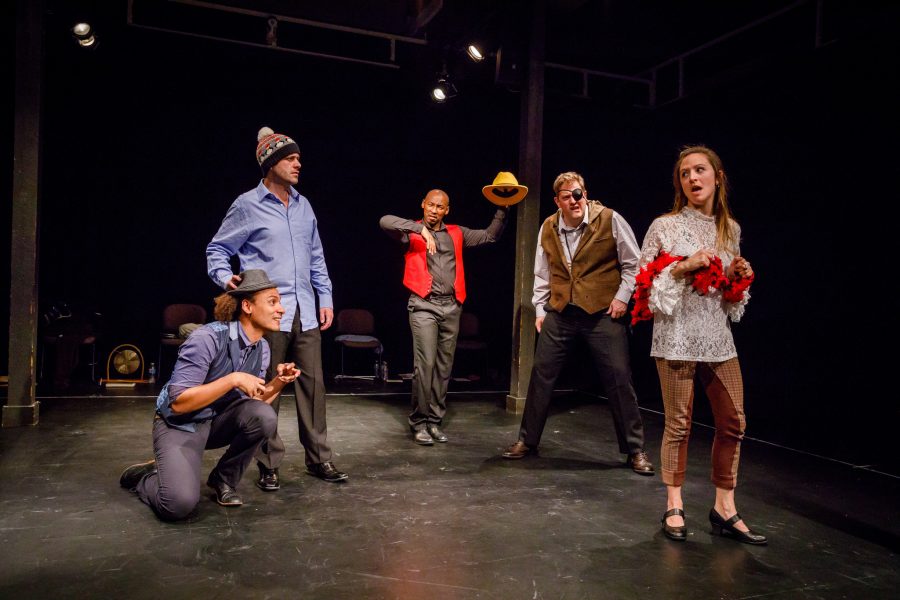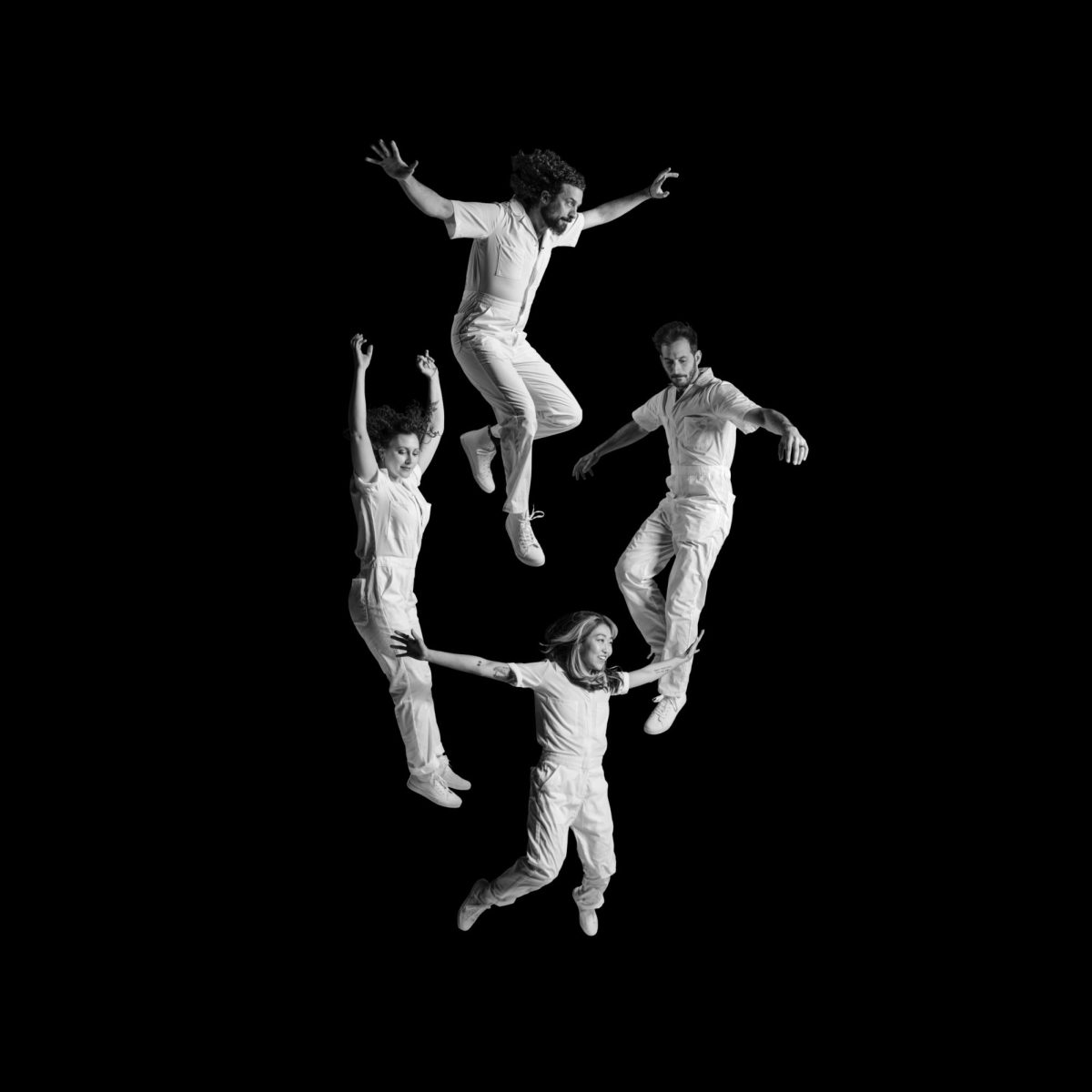UTSA brings some of England’s best Shakespearean actors to stage.
This Wednesday, Friday and Saturday, some of England’s finest Shakespearean actors will perform “Measure for Measure” in the Arts Building Recital Hall on UTSA’s Main Campus.
As in former years, the Department of English-supported Actors from the London Stage (AFTLS) production will confine itself to few props, minimal costumes, an un-redacted script and a cast of five actors responsible for portraying more than 20 different characters.
“We want to invite audiences to create a world of story with us,” said company member Peter Bray, who plays Lucio, the play’s smack-talking comedic engine.
The show’s Texas debut sold-out its 700-seat venue and concluded with a minute-long standing ovation in Austin last week.
The plot of “Measure for Measure” tells the story of Angelo, newly-appointed ruler of the city of Vienna. Strict and puritanical, Angelo sets about enforcing unpopular laws that retiring Duke Vicentio always let slide.
In a race against the clock, Claudio’s vestal sister Isabella, the erstwhile Duke Vicentio, and a motley band of jailors, pimps, nuns and noblemen must conspire to reunite the lovers before the executioner’s axe descends.
But at what cost?
“Thou mightst be freed,” reports a crestfallen Isabella, played by Anna Wright. “If I would yield him (Angelo) my virginity.”
As one of Shakespeare’s socalled “problem plays,” “Measure for Measure” is infamous for its wild swings in tone and dramatic intensity. Student audiences familiar with TV shows like “Futurama” and “This Is Us” can expect a similar blend of bawdy humor and life-or-death seriousness.
“We hope that people who have never seen a Shakespeare play performed before will come and see the show,” said company member Dominic Gerrard, whose magisterial Duke Vicentio plays straight man to Vienna’s merry, vice-ridden populace. “Shakespeare is one of the greatest writers of all time. But the play is also good, light fun.”
The AFTLS’s tightly-knit quintet lends itself especially well to the challenging blend of harrows and comedy in “Measure for Measure.”
Each actor’s doubled or tripled characterizations, no matter how disparate, always seem a natural extension of the last.
Nowhere is this more effective than in Anna Wright’s twinned portrayal of Isabella/Juliet and Wela Mbusi’s Angelo/ Claudio. As Isabella and Angelo, they are hardnosed rivals negotiating virtue vs. justice and life vs. death. As Juliet and Claudio, the same figures are cast into cells, their lives torn asunder. Might and fear, the powerful and the powerless, are shown not as separate realities, but rather two sides of a shared experience.
“Measure for Measure” deals with uncertainty surrounding new political leadership.
Trump’s “America first” foreign policy and Brexit signal political sea change in international politics not unlike Shakespeare’s early modern England.
Today, we see a very similar issue with Brexit, the Muslim ban, the end of DACA, and Trump’s proposed border wall are short-sighted, nationalistic solutions to international problems.
After Katrina, undocumented migrants were crucial to the rebuilding of New Orleans. Today, we’re facing post-Katrina like scenarios in places such as Houston, Florida and Puerto Rico.
Much like Vicentio’s laws worsening an already major problem as opposed to fixing a minor one, Trump’s laws are turning a solution into an issue.
The play was written right around the time of Queen Elizabeth’s death. There was a bit of uncertainty, because Elizabeth had no heirs,” says Mark Bayer, UTSA associate professor and English department chair. “We can find analogies in Shakespeare to current events, political or otherwise. It could be that Shakespeare points out tensions that are still with us.”
More than four centuries separate Shakespeare’s time and our own. But today, we are as uncertain as ever.







